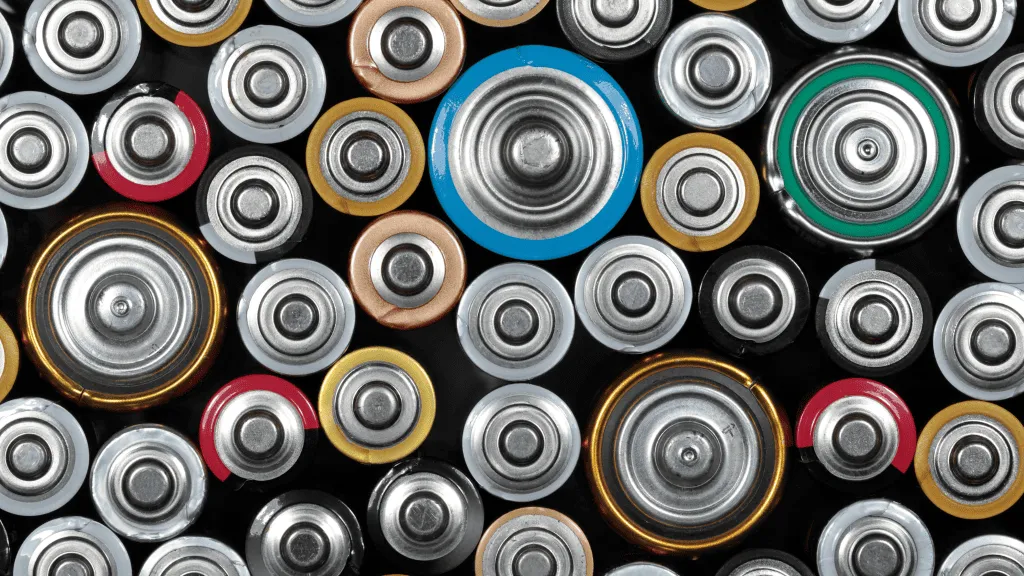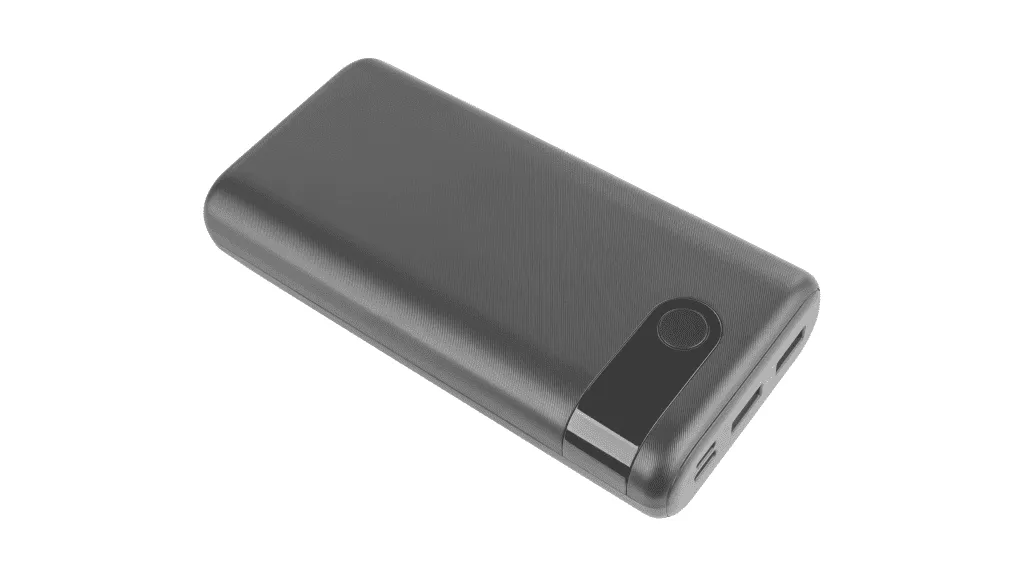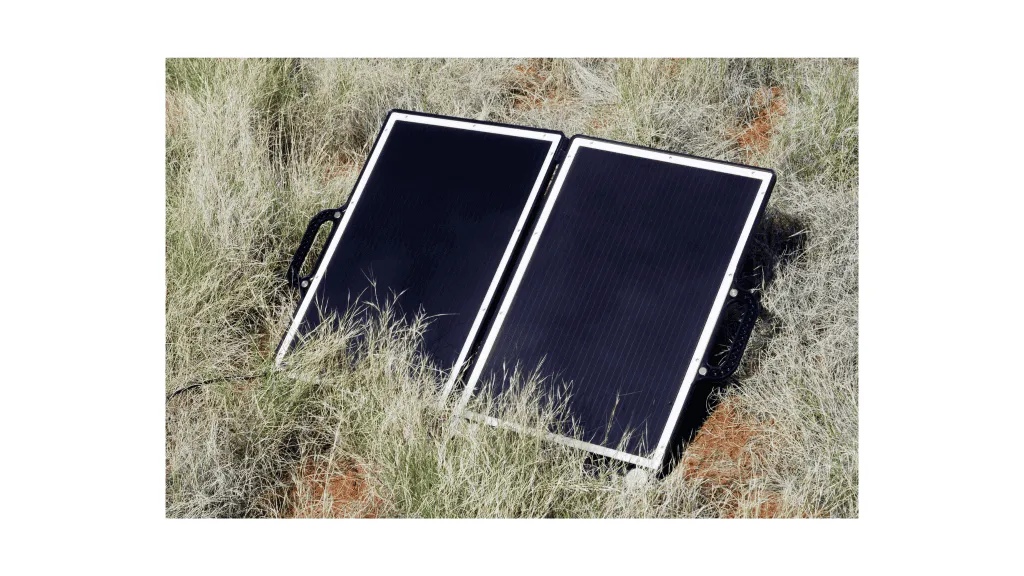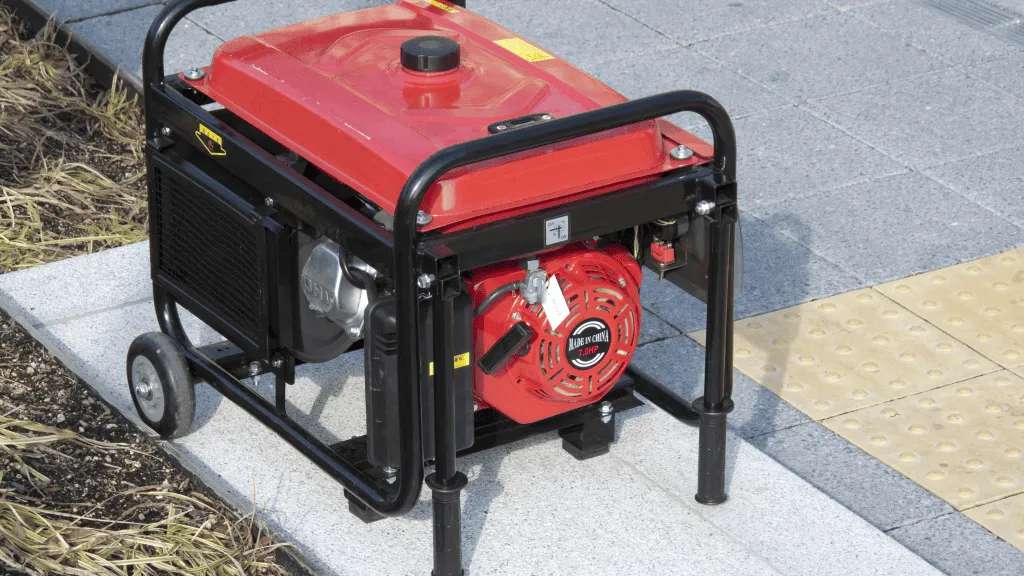Power Outages and How to Deal with them.
Power outages or power cuts can happen for a multitude of different reasons.
A lot of what I talk about here is just general information that can help you if you have no power. No matter the reason.
Reasons there might be a Power Outage
- The infrastructure might be damaged. Caused by a natural disaster, equipment failing and blowing up, vehicles hitting poles or transformers etc.
- Planned outage by the network operators. Either to perform some work, or help reduce the load on the network. Rolling blackouts etc.
- Unplanned outage. A situation where the power has to be turned off without any notice and the power goes out.
Why We Like Having Power
Having electricity and being able to use it is so good we sometimes take it for granted and don’t realize just how much we rely upon it in our day-to-day lives.
From keeping us warm, to providing light and powering so many items in our daily lives
It’s not until you experience a sustained lack of electricity you soon begin to wonder just how prepared you are.
When we Lose Access to Power we Need to Find Alternatives
Warmth
We look to clothing, blankets and sleeping bags to help keep us warm. We might also look at building a fire or in worst case scenarios keeping close to one another to keep warm.
Lighting
We look to flashlights, lanterns, headlamps and maybe candles.
Cooking
We look to gas cookers and BBQ’s or cooking over an open fire.
Communication
We look to radios powered by batteries to get our information. Mobile phones need to be charged to work.
Power Options in an Emergency Situation
Power is important, and a lot of people like it. In an emergency situation, what can you use as a power source?
Batteries

This will be the first step for most people out there. Very common, you will already most likely have some batteries floating around at home. Will you have enough and how long will they last is a different story?
Make sure you have a safe way of storing your batteries. Either in the original packaging they came in. Or have a look for a battery storage container. These will keep the ends of batteries touching each other, which could create a hazard or reduce the amount of power the battery has.
Most devices that use replaceable batteries will tell you to remove any batteries if equipment is to be unused for an extended period of time.
This is to stop the batteries from leaking and causing damage to whatever they are installed in. Which makes sense. Nothing worse then finding a leaked battery causing rust and other problems in the battery compartment.
For most of your battery powered items it pays to leave the batteries out of the device until you need to use it. Make sure you are using reputable good brand batteries. The only time I’ve ever had trouble in the past is when the batteries are some weird brand that sometimes come with the item.
While the battery leaking could be a problem the one item I will leave batteries in is one torch. If I need to see things in the dark in a hurry I’ll be all set to go. It pays to not only have one ready in your emergency kit, but have one or a couple ready in other parts of your house, car and work. They are handy when you need them, and you don’t want to be stuffing around with batteries.
Battery Banks

The most common will be the small types used to recharge mobile phones.
They are small and compact and come in a variety of storage sizes. The larger ones will be able to recharge your mobile phone or other electronic devices a couple of times. The price of these devices has come down over the years.
Make sure you have cables for anything you need to charge. When it comes to mobile phones I like the 3 in 1 type cables. Allowing you to connect any type of phone to the one cable.
Solar Panels

There’s a variety of solar panels available on the market. With many being super lightweight and portable with their main purpose to charge a phone or power bank directly.
Larger solar panel setups won’t be portable, but could provide power to your household or location by being connected to large batteries to store energy for later use.
Generators

These can come in different sizes and are powered either powered by gas or diesel. They can be heavy and noisy but can allow you to power most things in your house.
Making sure you have one that is powerful enough to provide enough energy for the items you want to run is important when picking a generator.
What are Your Power Needs?
Start to think about everything that is in your house that requires power.
List them all down. This list could include things like:
- Fridge / freezer
- Computer / laptop
- TV’s
- Washing machine / dryer
- Mobile phones
- Lighting
- Other items that need charging
Then prioritize them
When you think about what is a must have, and what is a nice to have you will soon realise what your power needs could be in an emergency.
My Top Item to Power in an Emergency Is…
For me I would want to provide power to mobile phones first. Being able to communicate and get information in different ways makes them very handy tool in an emergency situation.
Making sure they have power for this for the longest amount of time will be beneficial to most people. Luckily power banks are affordable and don’t take up too much room.
Routine Checks for your Power Items
Making sure your power items are in good condition, working and charged should be part of your routine checks when it comes to looking after your emergency kits.
- Check and see if any of the batteries you have on hand have expiry dates. Think about swapping them out if getting close.
- Check all batteries to make sure there is no leaking, discoloration or swelling of the device.
- Check any device that might have a battery inside it. Maybe it’s a torch. Check the batteries themselves and check the items works as intended.
- Have the ability to check the batteries to make sure they have a charge. There are simple battery testers you can get. An even better option is to get a cheap multi meter and learn out to read voltage levels. A good video teaching you the basics is below.
- If you have cables that plug into solar panels, generators or any batter powered device make sure to check them for any damage. This could be broken parts, frayed or split cables. Replace any that show signs of wear or are broken.
- If you have a generator check that it works. Do you have fuel for it, and is it stored safely? Has your generator been stored correctly. Check the user manual to learn best practices.
Conclusion
Having power sources can make any power outage more tolerable. In a lot of circumstances the mains power should be back on in a reasonable time. But sometimes the unexpected happens.
Come up with a plan of spacing out your power usage. Try and be mindful of your power needs and what you have left. You may need to ration your power to get you through.
Keep in mind that during some emergencies, it might be extremely difficult to obtain replacement batteries or fuel. This is important to consider when assembling your emergency kit.
Share this